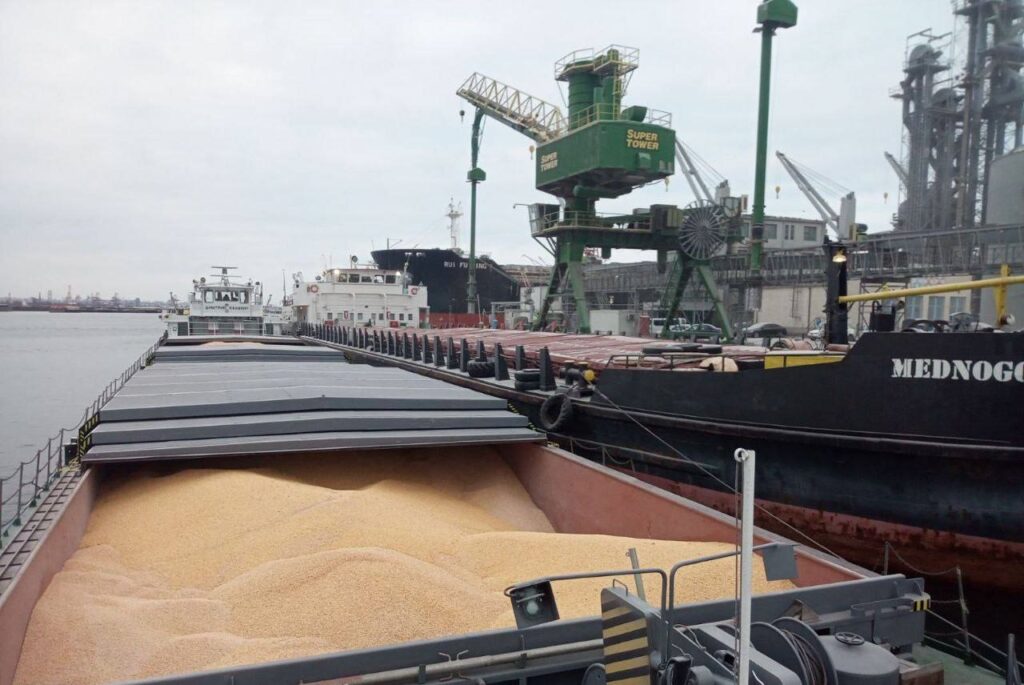Logistics limits Ukraine’s return to traditional export markets, – Kachka

Ukraine exports 90% of agricultural products despite high insurance costs, a shortage of containers and refrigerators reaching the ports of Great Odesa.
This was reported by the Deputy Minister of Economy of Ukraine – Trade Representative of Ukraine Taras Kachka.
According to him, as of October 2025, Ukraine exported agricultural products worth 15 billion euros – 1.57 billion euros less than in the same period last year.
“Yes, 90% of the reduction in our exports in the first nine months is related to the European market. The reasons for this are as follows. Firstly, the lack of predictability and stability in trade with the EU is associated with changes in the trading system, which, we expect, will be resolved with the entry into force of the updated Association Agreement on October 29. And by the way, we still do not allow free export of grain and oilseeds to 5 neighboring countries, and 3 member states maintain bans on the import of agricultural products from Ukraine,” Taras Kachka emphasized.
Secondly, logistics — high insurance costs and a shortage of containers and refrigerators reaching the ports of Great Odesa — continue to limit Ukraine’s ability to return to its traditional export markets. Despite this, Ukraine exported 44 million tons through Odessa ports, and 90% of agricultural exports are carried out through seaports.
The Deputy Minister of Economy stressed that despite all the challenges, Ukraine expects almost 79 million tons of grain and oilseeds, of which 49 million tons are available for export (17.5 million tons of wheat and 23.5 million tons of corn.
In particular, according to him, trade statistics prove that Ukrainian agro-export is the feed base of the EU livestock industry, and the EU is the technological base of Ukrainian agriculture.
“Ukraine can also serve as a platform for processing agro-food raw materials from Asia, the Middle East and other regions. Instead of relying on distant value chains with high geopolitical and logistical risks, European companies could process and re-export products in or through Ukraine, taking advantage of geographical proximity, a skilled workforce and access to both the EU and third-country markets. This is not just trade diversification – it is a strategic rethinking of how and where Europe creates value. We see the future of cooperation between the EU and Ukraine as a joint agricultural soft power. This is not a zero-sum game. Together, Ukraine and the EU will become one of the most influential agri-food blocs in the world,” concluded Taras Kachka.
As previously reported by USM, Ukraine has exported over 8 million tons of grain since the beginning of the marketing year. However, almost all positions show a significant decline compared to last year.





